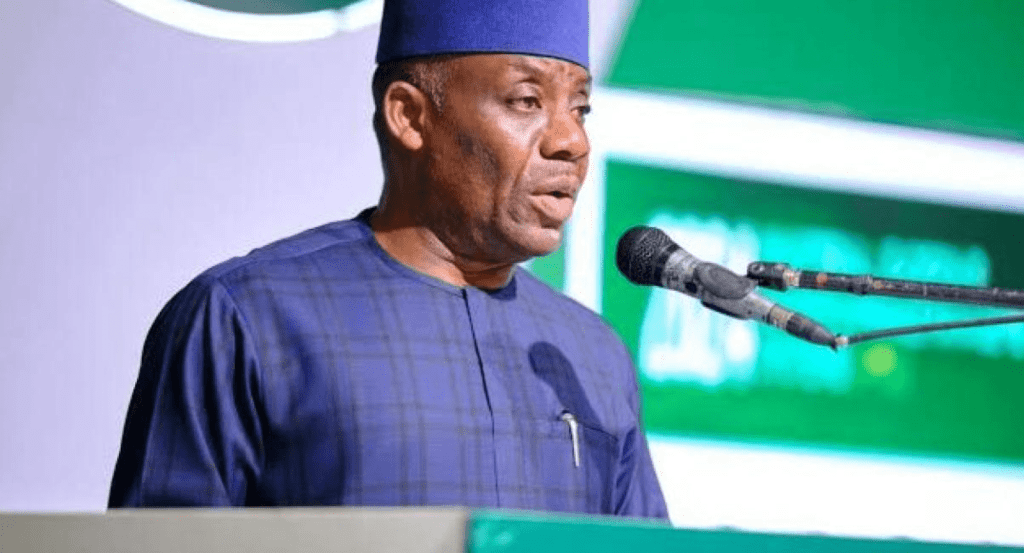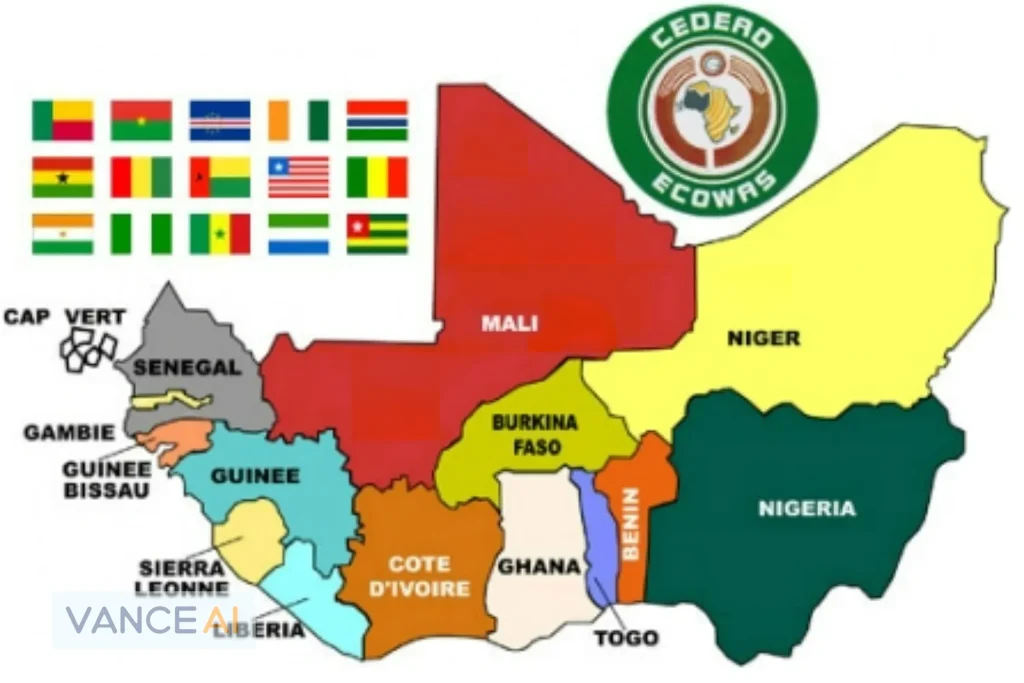The Federal Government of Nigeria has announced a proposed shift to a 12-year basic education model, clarifying that Junior Secondary School (JSS) and Senior Secondary School (SSS) have not been scrapped, contrary to widespread reports. The new model aims to ensure that every child receives uninterrupted education from primary school through secondary school.
The Minister of Education emphasized that the proposal is designed to improve educational outcomes and reduce the high rate of school dropouts in the country. Under this system, students will undergo a continuous 12-year learning process, ensuring they complete their education without unnecessary breaks or transitions that could disrupt learning.
Initial reports had suggested that the government was eliminating JSS and SSS classifications, sparking concerns among educators and parents. However, the Minister clarified that while structural adjustments are being considered, the core framework of secondary education remains intact. The main objective of the reform is to strengthen the foundation of learning and create a more seamless academic progression for students.
The proposal has generated mixed reactions, with some education stakeholders praising the initiative for its potential to enhance learning consistency. Others, however, have raised concerns about implementation challenges, including funding, teacher training, and curriculum adjustments.
The government has assured the public that consultations with key stakeholders, including educators, policymakers, and parents, will continue before finalizing the framework. More details on the policy’s implementation are expected in the coming months.























